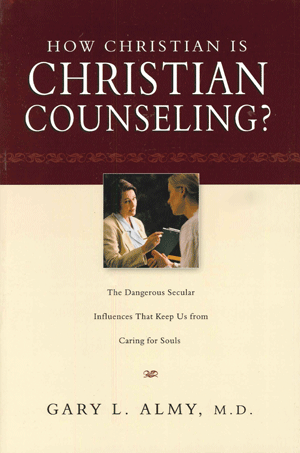Biblical counseling and secular counseling are two approaches to providing support and guidance to individuals who are facing challenges or struggling with mental health issues. While both types of counseling can be effective, they differ in their underlying philosophical assumptions and the ways in which they approach the counseling process.
Biblical counseling is a form of Christian counseling that is based on the belief that the Bible is the ultimate authority for all matters of faith and practice. It seeks to help individuals find answers to their problems and overcome challenges by applying biblical principles and seeking God's guidance. Biblical counselors believe that the Bible contains all the guidance and wisdom that people need to live fulfilling and meaningful lives, and that it is through a personal relationship with Jesus Christ that individuals can find the strength and wisdom they need to overcome their struggles.
Secular counseling, on the other hand, is not based on any particular religious or spiritual beliefs. It is a scientific approach to counseling that is based on empirical research and evidence-based practices. Secular counselors may use a variety of different approaches and techniques, such as cognitive-behavioral therapy, to help individuals overcome their challenges and achieve their goals.
There are a few key differences between biblical and secular counseling that are worth noting. First, biblical counseling tends to focus more on spiritual and moral issues, while secular counseling tends to focus more on psychological and emotional issues. Second, biblical counseling typically involves a greater emphasis on personal responsibility and accountability, while secular counseling tends to place a greater emphasis on understanding and addressing the underlying causes of problems. Finally, biblical counseling often involves prayer and other spiritual practices, while secular counseling does not.
Ultimately, the decision to seek biblical or secular counseling will depend on an individual's personal beliefs, values, and goals. Some people may prefer biblical counseling because it aligns with their religious beliefs and provides a more holistic approach to addressing their challenges. Others may prefer secular counseling because it is based on scientific evidence and does not involve any specific spiritual or religious beliefs.
In conclusion, both biblical and secular counseling can be effective approaches to helping individuals overcome challenges and improve their mental health. The best approach for any individual will depend on their personal beliefs, values, and goals, and it is important for individuals to carefully consider their options and choose the approach that is best suited to their needs.








